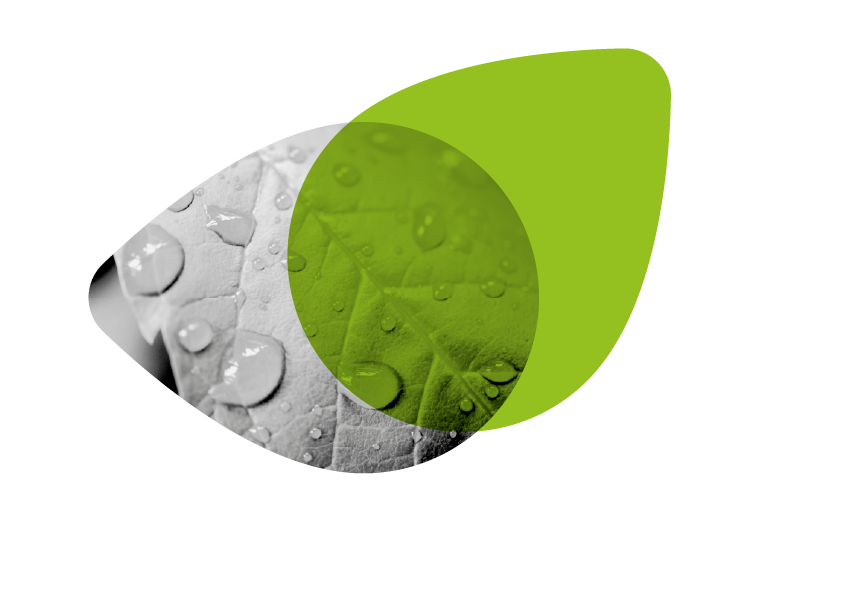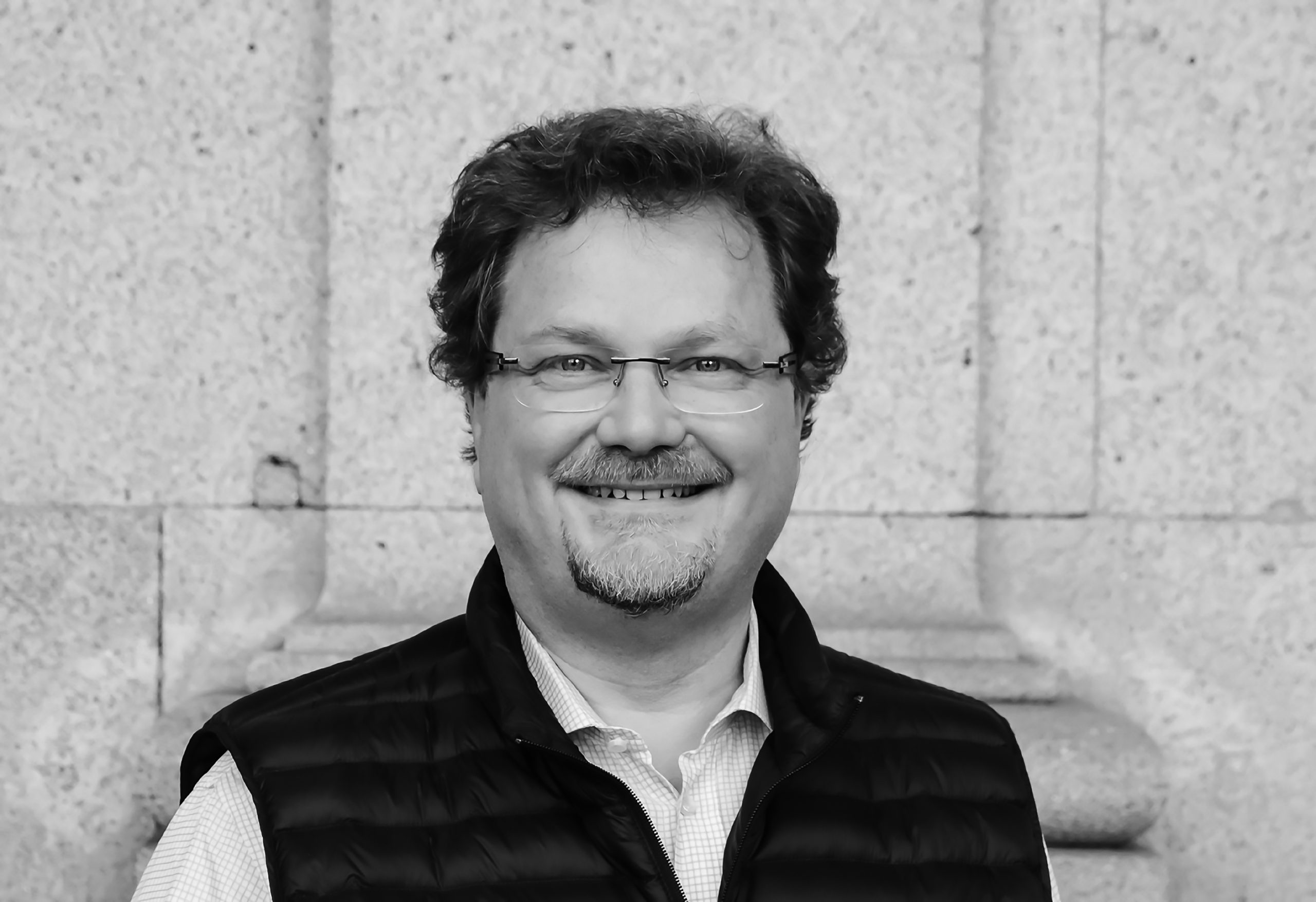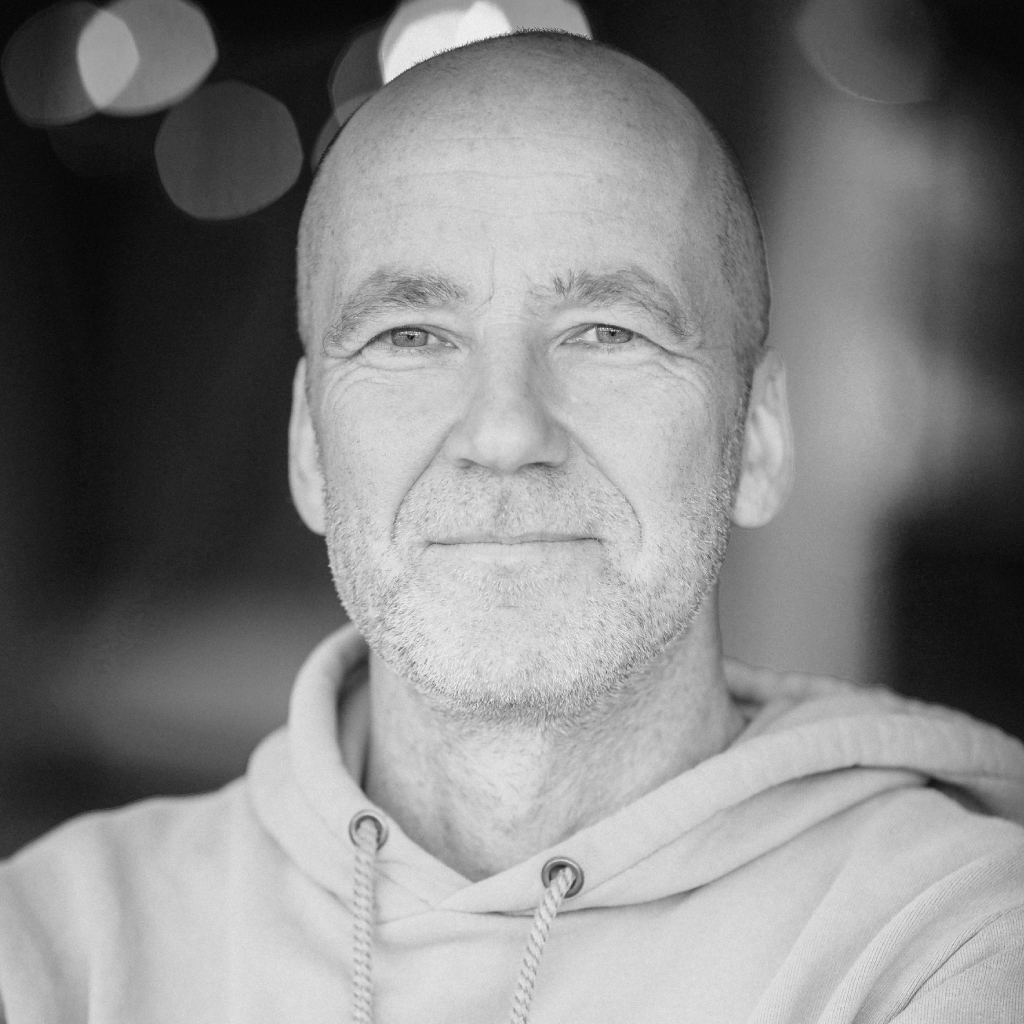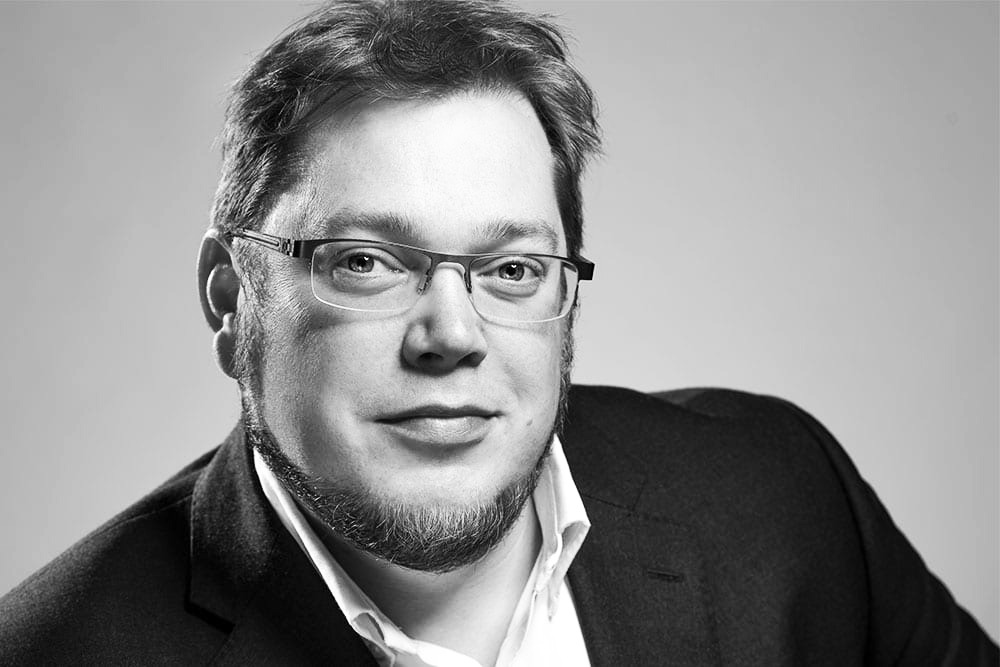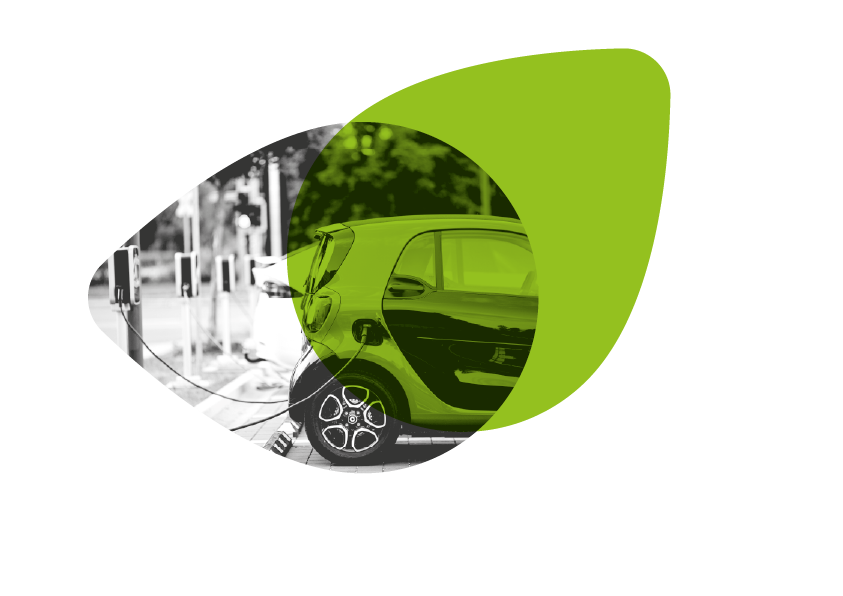Service provider
Impact Funding Europe GmbH
Kanalstrasse 77
24159 Kiel
Germany
Contact
E-mail address: peter@ifeurope.eu
Phone: +49 173 616 50 14
Authorised representatives
Authorised to represent:
Peter Schottes (Managing Director)
Journalistic-editorial offers
Responsible for content: Peter Schottes (address as above)
Company details
Value added tax identification number (VAT ID): DE341634426
Legal company register:
Register kept in Kiel
Number: 22648
Liability and copyright information
Disclaimer: The contents of this online offer have been prepared carefully and according to our current state of knowledge. However, they are for information purposes only and do not have any legally binding effect, unless it concerns legally obligatory information (e.g. the imprint, the data protection declaration, general terms and conditions or obligatory instructions for consumers). We reserve the right to change or delete the contents in whole or in part, insofar as contractual obligations remain unaffected. All offers are subject to change and non-binding.
Links to external websites: The contents of external websites to which we refer directly or indirectly are outside our area of responsibility and we do not adopt them as our own. The provider of the linked websites is solely liable for all contents and in particular for damages resulting from the use of the information available on the linked websites.
Copyrights and trademark rights: All contents presented on this website, such as texts, photographs, graphics, brands and trademarks are protected by the respective protective rights (copyrights, trademark rights). The use, reproduction, etc. are subject to our rights or the rights of the respective authors or rights managers.
Information on legal violations: Should you notice any legal violations within our website, please inform us of them. We will remove illegal content and links immediately after becoming aware of them.
